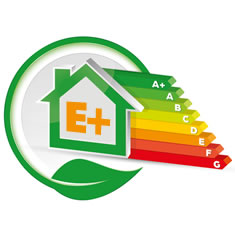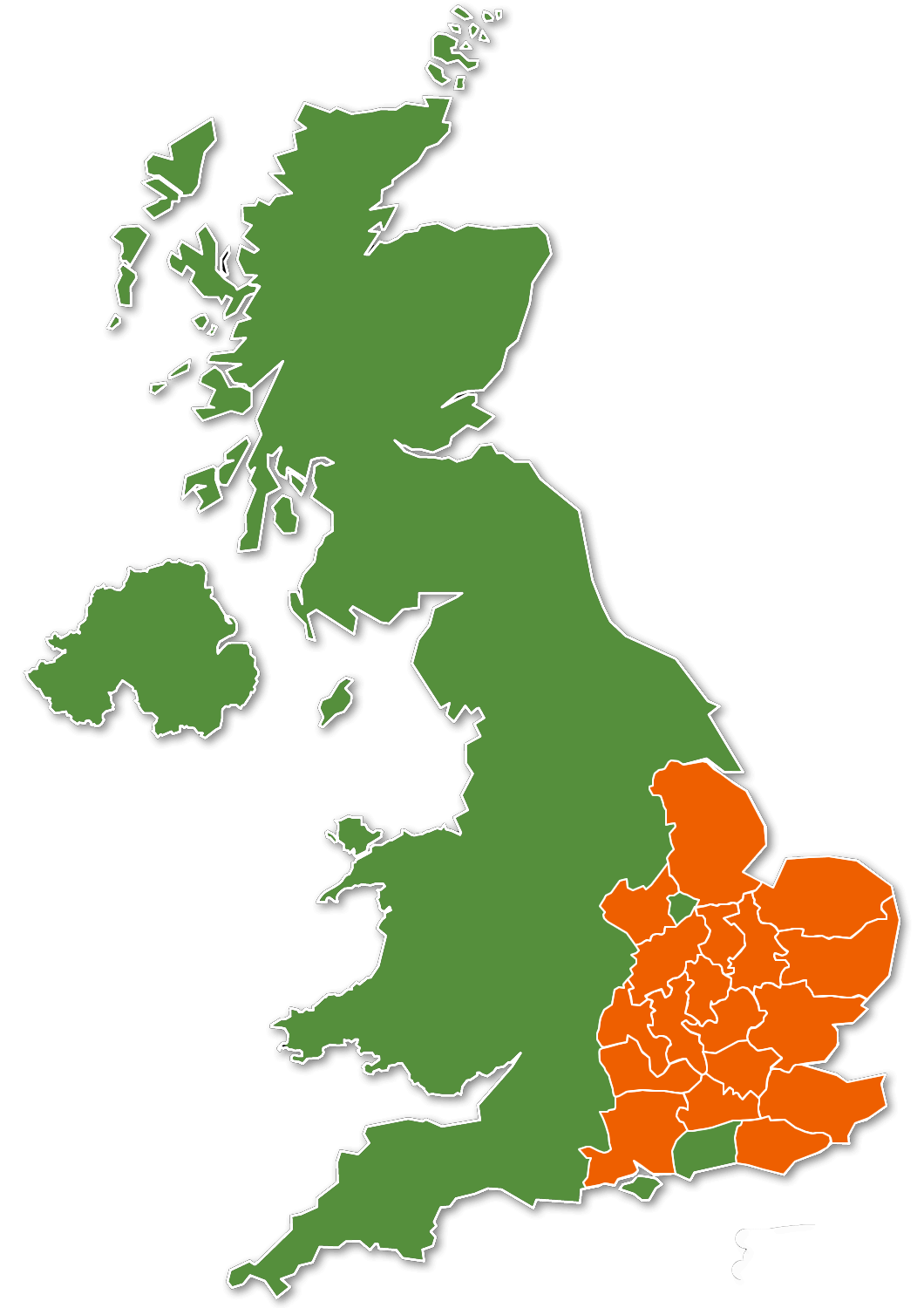Energy Saving Requirements for Landlords in London
Minimum Energy Efficiency Standard (MEES)
The rules are changing for cold homes in the private rented sector
New rules come into effect from April 1st 2020.
The private rented sector has the largest proportion of the most energy inefficient homes (6.3% are F and G rated properties, compared to around 0.7% of social housing). Nearly half (45.7%) of households living in such properties are in fuel poverty.
Upgrading the energy efficiency of private rented homes will not only improve comfort and reduce energy bills but will reduce ill health. National Energy Action estimates that 10,000 deaths each year are attributable to living in a cold home, similar to the number of people who die from breast or prostate cancer each year. Moreover, work undertaken by the Building Research Establishment (BRE) highlights that cold-related illnesses from privately rented F and G rated properties costs the NHS £35million per year.
It has not proved easy to tackle this issue, as it is landlords who are responsible for investing in improvement measures, while it is the tenant who benefits from the resulting reductions in fuel bills.
New rules come into effect from April 1st 2020.
At the moment the new Minimum Energy Efficiency Standard (MEES) regulations apply to any privately rented home banded F or G on an Energy Performance Certificate with a new tenant. Currently, landlords only have to make improvements to cold homes before new tenants move in.
From 1st April 2020 landlords will have to make the changes even where tenants are staying in place.
What do the new regulations mean for landlords?
Landlords should ensure that they issue potential tenants with an Energy Performance Certificate (EPC) every time they rent a home out. Not only is this a legal requirement in itself, it's important security for landlords. It can be difficult to evict problem tenants (for non-payment of rent, for example) if the landlord hasn't complied with all relevant regulations, including issuing an EPC when the tenant moved in.
Where properties are currently rated below 'E' on the Energy Performance Certificate, landlords will need to invest up to £3,500 to get them to the required standard.
Home upgrade measures include installing cavity wall insulation, low energy lighting, increasing loft insulation, or changing to a more efficient heating systems. The Residential Landlords Association indicates the average cost to improve an F or G rated property to a band E is expected to be around £1,200, well below the upper ceiling brought forward under the new regulations.
What will this mean for tenants?
Landlords must disclose the energy rating of the property when they advertise it, and they must show the full Energy Performance Certificate to potential tenants at a viewing. If the certificate isn't offered at this stage, tenants should ask for it.
Tenants should make sure to check the EPC rating before agreeing to rent a home and be cautious if a property is F or G banded.
Tenants already in a rented home, who have never seen, or do not currently have the Energy Performance Certificate, should ask their landlord or managing agent to provide it. If they then discover they are in an F or G banded home, they should speak to their landlord about what steps will be taken to ensure it is upgraded.
If no action is taken to improve an F or G rated home, the Council should be able to help. Under housing health and safety rules they are obliged to help tenants in dangerously cold homes. The council can order landlords to make energy saving upgrades.
Are there more changes due in the future?
Where possible, Energy Saving Trust advises landlords to go at least to an E standard and not to be bound by the £3,500 limit on investment. The government is likely to increase the minimum standard incrementally from E, to D, then C in the future. Tackling insulation and heating system to get a cold property to a D or C standard in one go now may also allow landlords to access ECO funding to support upgrades.
Energy Saving Trust welcomes the new regulations and supports the government in its ambition to raise the standard further to a 'D' rating by 2025 and a 'C' rating by 2030.
Aran offer energy saving grants for property owners covering London and the surrounding areas of London.
Energy Conservation Services in London:
- Air Source Heat Pump London
- Cavity Wall Insulation London
- Energy Saving Grants in London
- Energy Saving Requirements for Landlords in London
- External Wall insulation Grants London
- High Rise Cavity Wall Insulation London
- Loft Insulation London
- Pay As you Save Energy Saving Finance London
- Room in Roof Insulation London
- Solid Wall Insulation London




